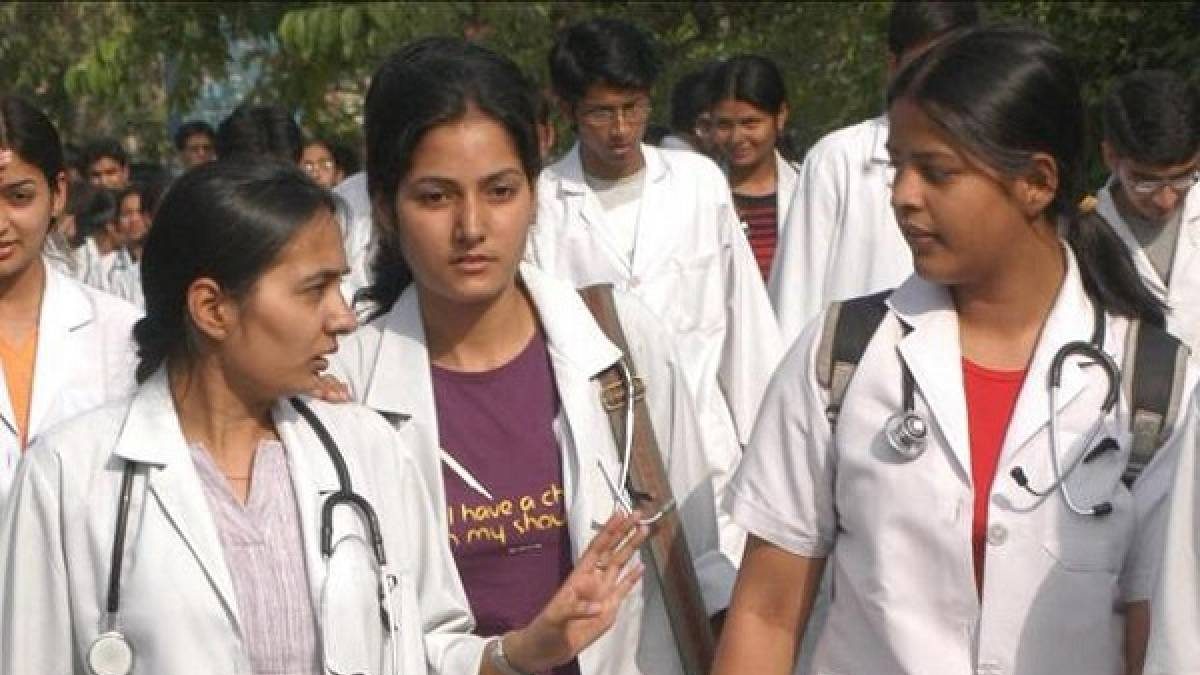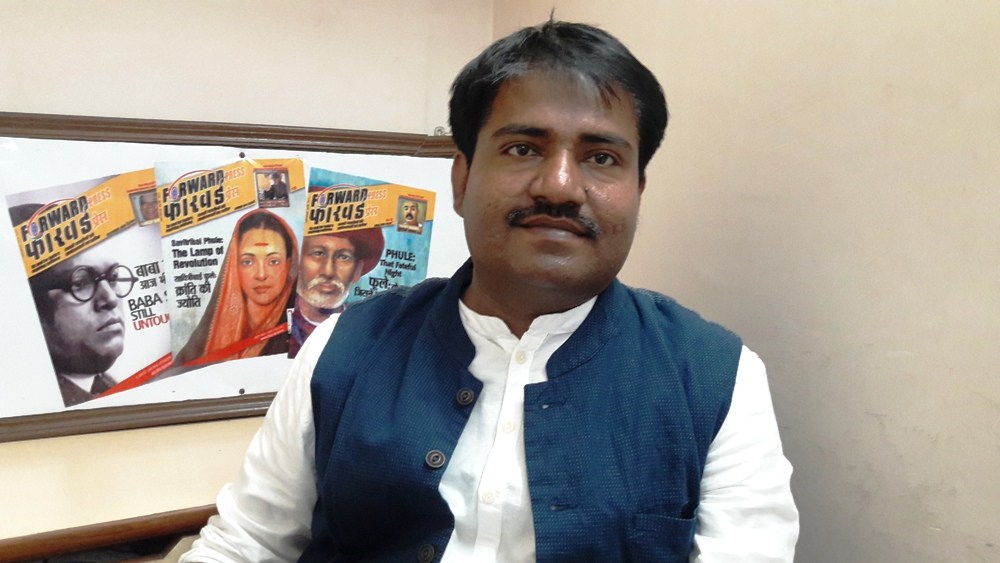On 27 July 2020, the Madras High Court delivered the verdict in an important case related to reservation for OBCs in Tamil Nadu. The court directed the Director General of Health Services, Ministry of Health and Family Welfare, to convene a meeting with the Health Secretary, Government of Tamil Nadu and the Secretaries of the Medical Council of India and the Dental Council of India to finalize the manner in which OBC reservations is to be provided in the All India Quota seats for the undergraduate and postgraduate medical courses with effect from the next academic year. The court also said that the reservation cannot be granted this academic year as the process of selection of candidates has already begun. It noted that apart from the central and the state governments, the Medical Council of India and Dental Council of India are parties to the matter, so the task of working out the details should be entrusted to a committee.
Given the National Eligibility cum Entrance Test (NEET), the qualifying exam for medical and dental courses, has been put off till September due to the Covid-19 epidemic, the question that arises is, could the reservations not have been implemented this year itself?
OBCs are granted 27 per cent reservation in medical and dental undergraduate and postgraduate courses in institutions run by the central government. In institutions run by the state government, 15 per cent seats in undergraduate courses and 50 per cent seats in postgraduate courses are in the All India Quota. While 15 per cent of All India Quota seats have been set aside for SCs, 7.5 per cent for STs and 10 per cent economically weaker sections (EWS), no seats have been set aside for OBCs

In Tamil Nadu, 69 per cent of the seats are reserved – 50 per cent for OBCs, 18 per cent for SCs (including three per cent for Arunthathiyars) and 1 per cent for STs. The OBC quota is further divided between non-Muslims Backwards (26.6 per cent), Muslim Backwards (3.5 per cent) and Most Backward Classes and Denotified Tribes (20 per cent).
All political parties of Tamil Nadu, with the exception of PMK, had demanded in their petitions to the Supreme Court that the central government reserve for the OBCs 50 per cent of the All India Quota seats in the medical colleges run by the Tamil Nadu Government in keeping with the laws of the state. PMK had sought 27 per cent reservation for the OBCs. The Supreme Court, on 11 June 2020, asked the petitioners to approach the High Court. While hearing the counsels for the petitioners, Justice L. Nageshwara Rao had said that reservation was not a fundamental right. The comment drew nationwide condemnation.
The Madras High Court has ruled that there is no legal or Constitutional impediment in granting reservations to the OBCs in All India Quota seats. This means that the OBC youth from all over India, including Tamil Nadu, may benefit from reservations in the All India Quota seats from the next academic year. But whether the decision would apply to All India Quota seats in other states remains to be seen. Would the political parties in other states take a unanimous stand on the issue as the parties have done in Tamil Nadu?
Only Parliament can provide permanent solution
Raj Narayan, convener of Janhit Abhiyan, New Delhi, who has petitioned the Supreme Court in the matter, says: “While the judgment of the Madras High Court may provide temporary relief, only Parliament can settle the issue for good. The demand for reservation to OBCs in All India Quota seats in medical colleges under the state governments should be raised in Parliament to ensure that the matter does not remain stuck in courts and the OBCs get their due. The issue was raised in Parliament in 2014 but political parties didn’t take it seriously.” In July 2015, Raj Narayan moved the Supreme Court on the issue, where the matter is pending to date.

Raj Narayan said he was not sure whether the OBCs in Tamil Nadu would get justice even after the Madras High Court judgment. “The court has only ordered the setting up of an expert committee and if, in the future, the Supreme Court passes a contradictory order, the entire exercise will be rendered fruitless”, he said. “Hence, it would be better if all political parties protest against this encroachment on the rights of the OBCs. Courts cannot solve this problem, only Parliament can.”

‘Government need not wait for Supreme Court decision’
G. Karunanidhi, general secretary, All India OBC Federation, believes that this is the right time to mount pressure on the central government to introduce reservations for OBCs in the All India Quota seats. He said that there was no need to wait for the Supreme Court to rule in the matter and that the central government should take the initiative on its own. “Since NEET 2020 is yet to be held, OBC candidates can be granted reservation from the current academic session,” he said.
According to Tejashwi Yadav, leader of opposition in the Bihar Assembly, they have been raising the issue of OBCs being denied their due place in medical colleges and that his party’s MPs have raised the matter in Parliament, too. “Prime Minister Narendra Modi only pays lip service to the cause of the OBCs,” he said. “He has no interest in protecting the rights of this vast majority. We are examining the Madras High Court judgment. As the matter [of OBC reservation in the All India Quota seats nationwide] is pending in the Supreme Court, we demand that the Central Government act in the interest of the OBCs so that hundreds of students among them, who do not get admission to medical teaching institutions, get justice. We have been fighting for their rights and will continue to do so.”
(Translation: Amrish Herdenia; copy-editing: Anil)
Forward Press also publishes books on Bahujan issues. Forward Press Books sheds light on the widespread problems as well as the finer aspects of Bahujan (Dalit, OBC, Adivasi, Nomadic, Pasmanda) society, culture, literature and politics. Contact us for a list of FP Books’ titles and to order. Mobile: +917827427311, Email: info@forwardmagazine.in)
The titles from Forward Press Books are also available on Kindle and these e-books cost less than their print versions. Browse and buy:
The Case for Bahujan Literature
Dalit Panthers: An Authoritative History







